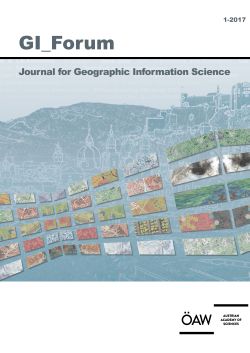
GI_Forum 2017, Volume 5, Issue 1, pp. 282-293, 2017/06/30
Journal for Geographic Information Science

The University of Salzburg has linked up ('clustered') with several other Austrian Higher Education Institutions (HEI) to develop and deliver the next generation of education for student teachers. Based on a reformed curriculum with a strong emphasis on pedagogical concepts and skills, courses have been developed with uniform structure and content across multiple institutions and locations. This step was considered of particular importance due to changes in students' backgrounds and career stages: an increasing number of future teachers are completing their training based on prior academic and professional experience while working (mostly) part-time. This offers the opportunity for more mature and experienced individuals to enter the teaching profession, but also challenges traditional organizational formats of teacher training. Based on an extensive survey of current students, this paper explores the range of personal and professional backgrounds and attempts to establish a framework for facilitating teacher education with reduced classroom presence as well as enhanced support for independent and flexible learning. From evaluation and assessment of results as well as from assessing organizational experiences during the first year, advantages of cloud-based learning infrastructures are clearly seen. Making the (secondary) teaching profession more accessible for mature individuals and establishing a practice of individualized learning for future teachers, an OER platform provides the basis to emphasize active learning and critical assessment of experiences in tomorrow's classrooms over more traditional 'teaching' formats.
Keywords: education of student teachers, curriculum planning, web-based courses, open educational resources (OER)